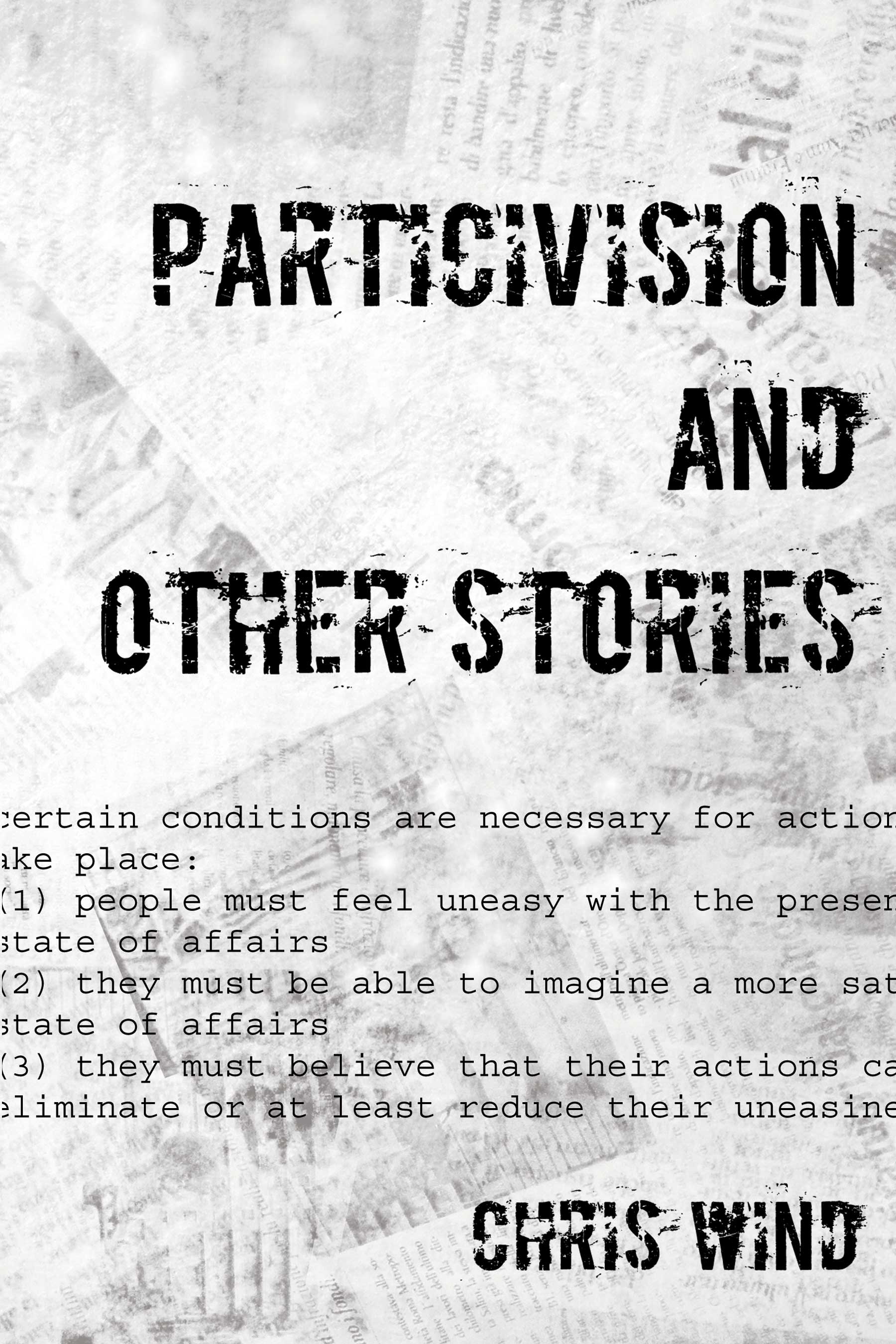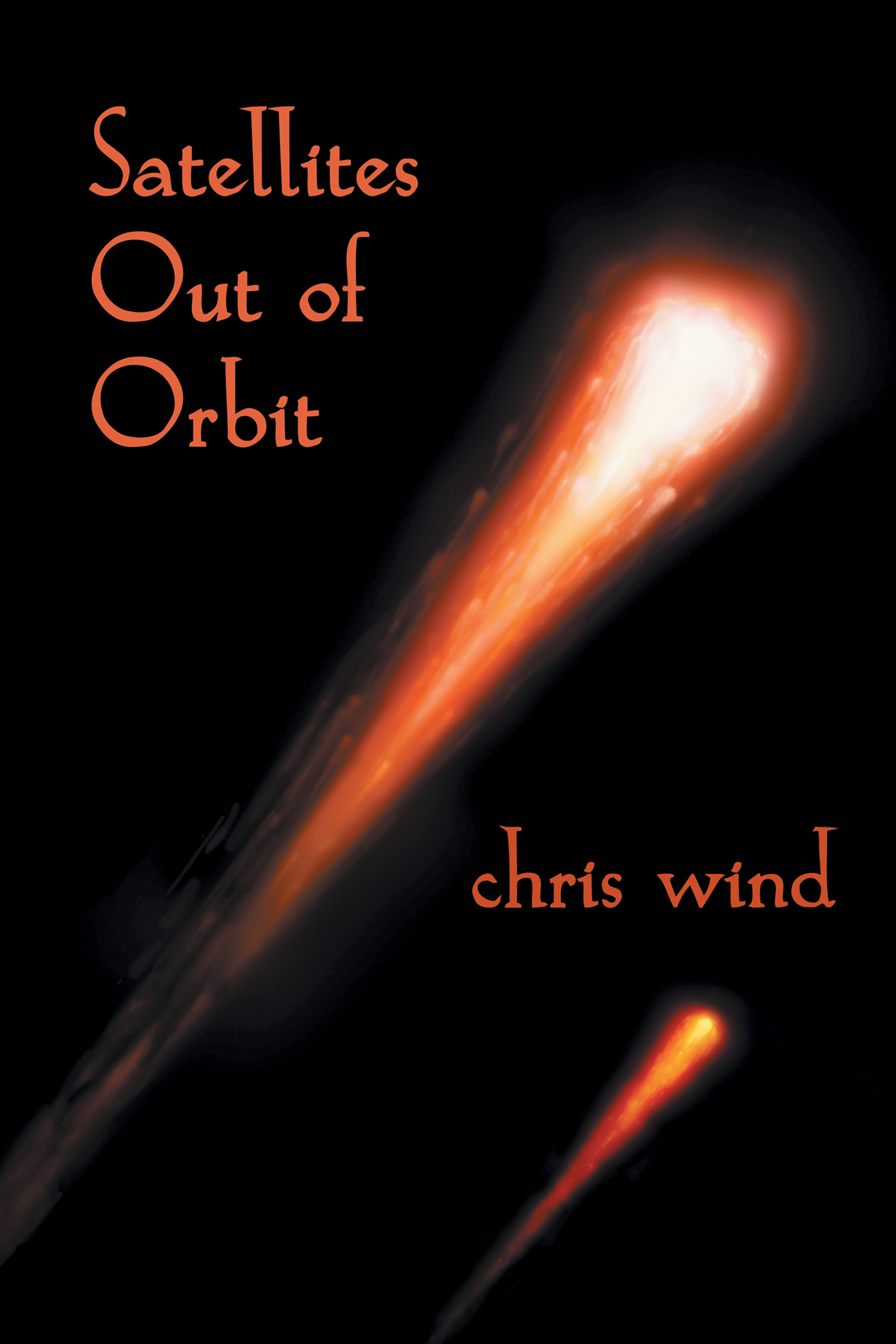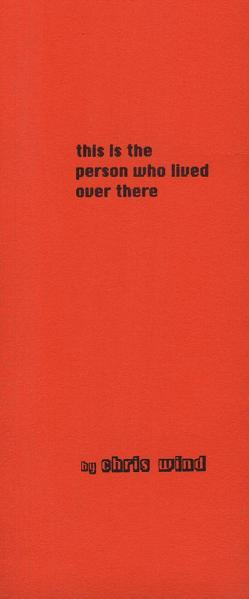1. Climate scientists identified the point of no return as 400ppm (atmospheric carbon). We passed that point seven years ago, in 2015. To repeat, we have passed the point of no return. No return. That means it doesn’t matter what we do from this point on. Even a complete cessation of carbon emissions this very instant wouldn’t matter: the carbon we’ve produced to this point will have irrevocable consequences (such as a rise in global surface temperature of 4 degrees Celsius).
‘Global warming’ consists of a complicated web of chain reactions and feedback loops. For example, more carbon means more heat from the sun is trapped in our atmosphere, which means the polar ice will melt, which means more ocean surface will be dark instead of light, and since dark surfaces absorb more heat than light surfaces, that will mean even more heat is trapped in our atmosphere, and around and around. Shooting off that whirling circle … more heat means more forest fires, more heat means more evaporation which means less water, less water means less food, and on and on.
(See below for a brief list of facts, accurate at the time of writing, taken from Arthur Jeon’s brilliant novel, Snowflake.) (Another must-read is Kim Stanley Robinson’s Ministry for the Future.)
2a. As is the case for most authors, the income I get from my books is so negligible as to be insignificant, which is to say I don’t need it.
2b. It’s always been more important to me that I be read than that I make money from my writing.
2c. The main reason I haven’t made my books free before now is that many people mistakenly believe you get what you pay for, so if something is free, it must be worthless. A little reflection will show that many of the things we value very much are, in fact, free.
People also believe that work by women is less valuable than work by men (according to Sieghart, books by women are priced a whopping 45% lower than books by men), and I didn’t want to support that view (by pricing my books 100% lower).
Also, I didn’t want to encourage the view that unlike physical work, intellectual work should be in the public domain. And/or that unlike physical products, artistic/intellectual products should be free. Music doesn’t grow on trees. Knowledge doesn’t grow on trees. People have to work very hard to become skilful composers and researchers. So why shouldn’t they be paid just as much as those whose work is visible? I think this greater value on what we can see and touch is partly why we are where we are now.
If even slight carbon emissions appeared as black soot and our highways had no visibility whatsoever because of that, if our houses heated by oil and propane were continuously in a black cloud … If people smelled the methane (another greenhouse gas, a hundred times worse than carbon dioxide) with every burger they ate … If people started gasping for oxygen with every tree they cut down … If each of us lived across the road from a dump …
So. As I’ve said, above and below, the data indicate that we’ve already jumped over the cliff— No, that’s not true. Many of us were pushed. Doesn’t matter. Now.
Given that we have so little time before we hit bottom, I urge people to just … enjoy it. Instead of throwing a tantrum and going on a violent rampage, instead of curling up in the corner and crying … Go for a walk and delight in the trees you see, the birds that are left, the squirrels … Bask in the warm but not scalding sun … Go for a swim, if you can … Savour that cup of coffee, that chocolate bar, that juicy orange, even that glass of water … Lose yourself in a library, a museum, an art gallery … Join a game of pick-up basketball and don’t keep score … Form that garage band or quartet you’ve always wanted to be part of … Play with your dog … Watch some great films, listen to some great music, read some great books … The latter (arguably) I can give to you. And so I do.
Because next year or next month or next week or tomorrow—
*
“The International Panel on Climate Change finally admitted our ‘threshold for irreversibility’ is a rise of 1.5 Celsius [we reached 1.2 in 2020 and we’re probably going to reach 1.5 by 2030, possibly by 2026] and it requires ‘rapid, far-reaching, and unprecedented changes in all aspects of society.’ We need to cut global emissions in half by 2030. Does anybody see that happening?” (p53)
“Only 4.4% of the planet’s population, [the U.S.] has put 33% of the total CO2 in the atmosphere.” (p23) “And SUV sales [continue to] surge …” (p58) “… [they’ve] repealed emissions standards on cars … ended regulation on coal ash pools … handed millions of acres of our public lands to the mining industry … ” (p74) “… and gutted the National Environmental Policy Act …” (p184) “If Americans cut one burger a week out of our diet, it would be like taking 10 million cars off the road. Christ, how many are we eating? No wonder animal farming takes up 30% of Earth’s land.” (p229)
“… the Aussie government [is] subsidizing 53 new coal mines as their own scientists wonder if the entire continent could be uninhabitable.” (p77)
“… the Japanese [are] now building 22 new coal-burning plants. This, after a thousand Japanese died last year from heatstroke during record heat waves.” (p104)
” … no country is close to hitting its five-year Paris goals, but even if they did, we’d still go to 3.5 Celsius …” (p59)
“[O]ur oceans capture 93% of the CO2 but are reaching saturation and warming 40% faster than forecast.” (p53)
“… 25% of the Northern Hemisphere is permafrost… frozen dirt where 1.8 trillion tons of methane lives. … It’s already melting … the Arctic lakes [are] bubbling it.” (p65)
“So, all the Arctic sea ice will permanently disappear in four years [i.e., by 2024]. … this alone will increase warming by 50%. Boom.” (p65)
And let’s not forget China (emitting more greenhouse gas than the entire developed world combined).
Or Canada (where it’s still legal to produce carbon emissions just for the hell of it—in one province alone, the government has designated 30,000 kilometres of mostly public land for the exclusive use of recreational snowmobiles) (and where, with only 0.5% of the planet’s population, plans have been made to use up almost a third of the planet’s remaining carbon budget–the Teck Tar Sands development).












